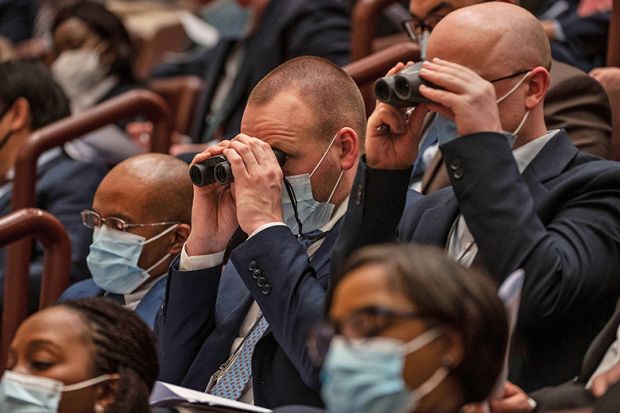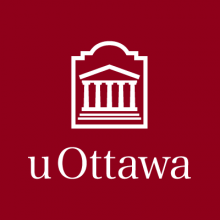Scientists in Canada have reported being approached by intelligence agents enquiring about their foreign partnerships in what appeared to be part of a broader crackdown on research ties with China, the country’s leading faculty association has claimed.
The Canadian Association of University Teachers (CAUT) called on its members to resist apparent attempts by the Canadian Security Intelligence Service (CSIS) to violate a 60-year-old agreement to generally keep out of campus affairs.
“Some people are being terrified” by the requests for information, said David Robinson, CAUT’s executive director.
Other markers of the Trudeau government’s hardening line on academic ties to China include a new federal order requiring researchers applying for grant support from the nation’s three major science funding agencies to describe any potential national security risks arising from their planned work.
The government has also banned research partnerships with any foreign institution that has ties to its nation’s military or security services – a characteristic of all Chinese universities – and it is working on legislation that would require the formal registration of people working on behalf of a foreign government.
During the Trump era, Canada had tried to avoid following the same path as the US in severing links with China, but it lost ground in that effort after its 2018 arrest and detention of Meng Wanzhou, chief financial officer of the Chinese technology giant Huawei, at the request of the US. Last week, the Trudeau government acknowledged allegations that China had been threatening retaliatory action against the family members in Hong Kong of Michael Chong, a member of the Canadian parliament from the opposition Conservative Party who has been critical of China’s human rights record.
After hearing about contact between CSIS agents and scientists and administrators, CAUT decided to issue advice to its members, Mr Robinson said.
“We sent out information to our members saying, if you’re contacted by CSIS, the first thing to do is talk to us – we have a lawyer that handles this case – because there’s never an innocent conversation with a CSIS agent,” Mr Robinson said.
At least one institution, the University of Waterloo, has also issued the same basic warning to its researchers. “You do not have a legal obligation to talk to a CSIS officer,” Waterloo told its faculty in an advisory.
Canadian higher education more generally, however, was showing more willingness to engage with the government. The U15 grouping of Canada’s top research universities said it was working with federal officials to create guidelines for scientists that incorporated the perspective of national security officials.
The idea, said Chad Gaffield, a professor of history emeritus at the University of Ottawa who serves as the U15’s chief executive officer, “is to routinise the handling of research security on campuses just as we do with the other aspects of the responsible conduct of research”.
But for now, Mr Robinson said, the uncertainty about the government’s intent was a major part of the problem with a federal approach that relied on academic scientists to judge security risks.
He added that CSIS agents directly contacting scientists seemed to clearly violate the Pearson-Laskin Accord, reached in 1963 between CAUT and the government, led by Lester Pearson at the time, which was forged after several Jewish academics were accused of links with Moscow.
“CSIS should not be active on campus, should not be engaged in any general surveillance,” Mr Robinson said. Its agents should get active on campuses only “when there’s clear and definitive risks that have been assessed and approved by higher-ups”, he said.
Register to continue
Why register?
- Registration is free and only takes a moment
- Once registered, you can read 3 articles a month
- Sign up for our newsletter
Subscribe
Or subscribe for unlimited access to:
- Unlimited access to news, views, insights & reviews
- Digital editions
- Digital access to THE’s university and college rankings analysis
Already registered or a current subscriber? Login










